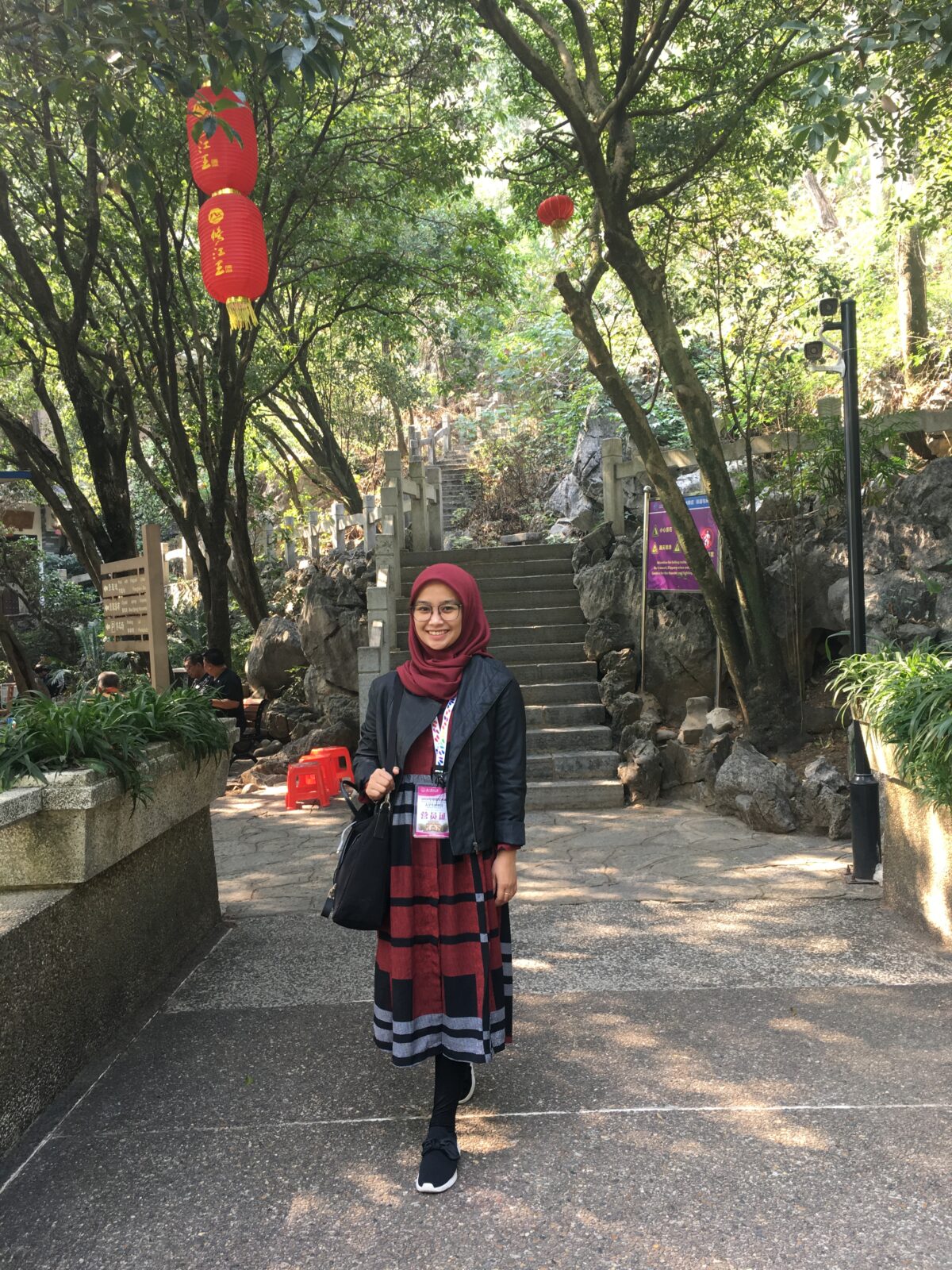“Can lah” … What does it mean??
English is spreading to worldwide for very long decades. It is not only the language competence, yet become the tool of communication in many countries both English and non-English country. Like Indonesia, Singaporeans consist of various ethnic groups, especially Chinese, Malay, Indian, and Bugis. To unite them and facilitate communication, Singapore has designated English as the National Language. However, there is a slight difference between traditional English and the Singlish dialect. Singlish is a marriage between English and Malay and is also influenced by Chinese. Although it was underestimated, slowly but surely Singlish has begun to be recognized by the world. Singlish is not much different from the English we are used to learning, but there are a few differences that make it unique.
Since the majority of Singaporeans are ethnically Chinese, Singlish is heavily influenced by this language. The most obvious is the use of typical Malay particles, such as “hah” (to ask), “ah” (to express uncertainty), and “lah” (to make a statement), such as:
- Close the door, huh? (Does the door close?)
- You look so beautiful, lah! (You look very beautiful!)
- This is not pork, ah? (It’s not a pig, is it?)
In traditional English, if you speak without using a subject, the other person will be confused. But not with Singlish, usually your interlocutor will understand the subject even if it is not mentioned.
- Ahh.. don’t want that! (without “I”)
- My mom is not here, go to market. (without “she”)
Conditional clauses usually use conjunctions such as if and when. But not in Singlish.
- Examples: You go, who will drive? -> if you go, who drives?
The commonly used to be like is and are often not used in Singlish.
- Example: She worry (without “is”) , I leaving now (without “am”)
Now let’s discuss some Singlish phrases that are widely used in Singapore every day. Uniquely, there are many phrases that are almost like Indonesian.
- Can lah! -> Yes of course!
- Can tompang? -> asking you to give them a lift somewhere or help them pass an item to someone else.
- Let’s go makan -> Let’s have a meal
- Shiok (she-oak) -> very good!
- Confirm plus chop -> Yes I am very, very sure
- Lim Kopi (Lim-koh-pee) -> To drink coffee or to hang out
- Jialat! (ji-ah-laht) -> very bad!



Comments :